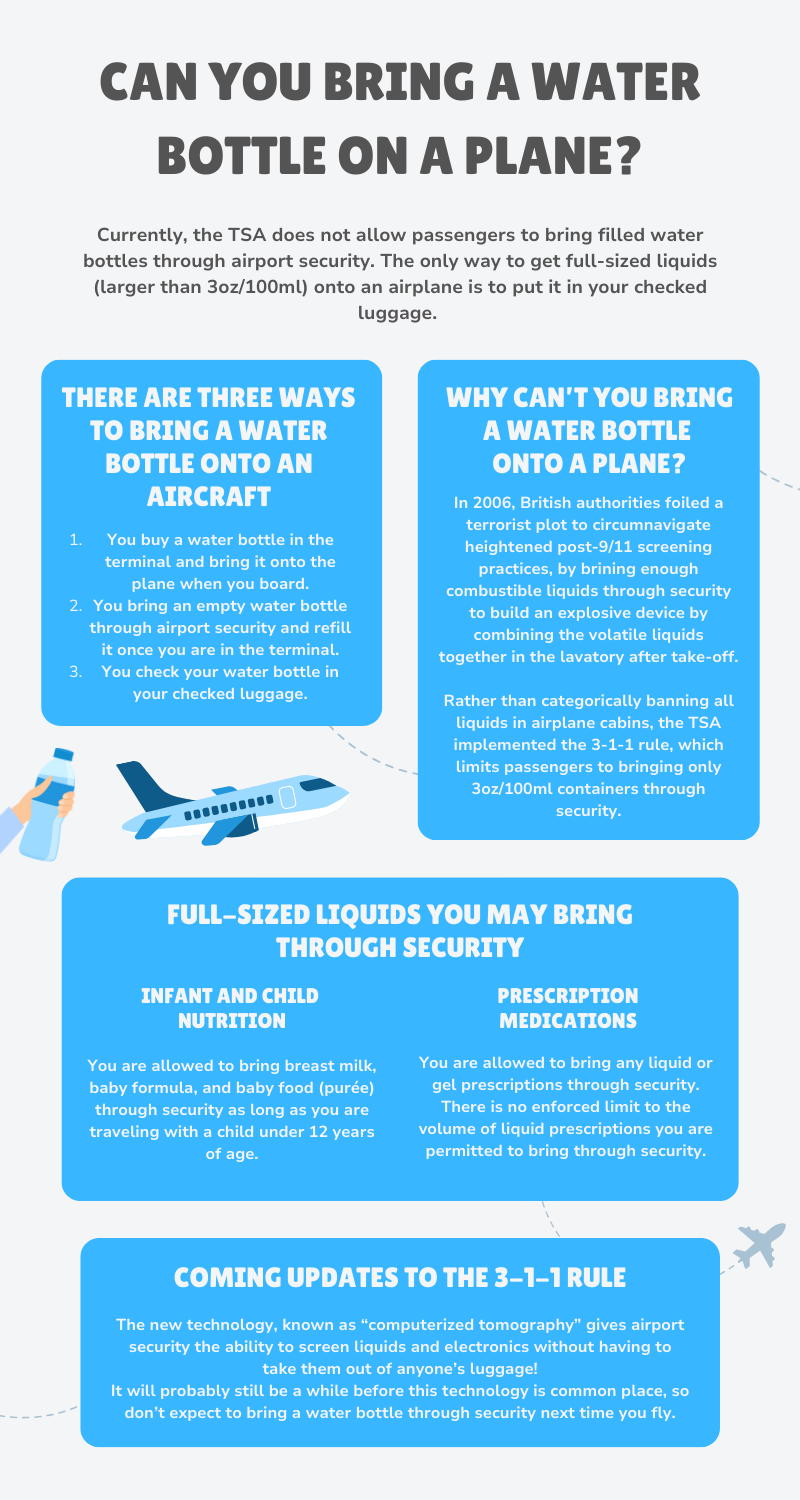Can You Bring Delta 8 On A Plane

The legal landscape surrounding Delta 8, a psychoactive compound derived from hemp, remains murky, leaving many travelers uncertain about its permissibility on airplanes. Confusion abounds regarding whether possessing or transporting Delta 8 products violates federal regulations or airline policies. This uncertainty necessitates a clear understanding of the existing rules and potential consequences.
At the heart of the matter is the complex legal status of Delta 8. While the 2018 Farm Bill legalized hemp-derived products containing less than 0.3% Delta 9 THC (the primary psychoactive component in cannabis), the legal status of Delta 8, which is often synthesized from CBD, occupies a gray area. Federal law doesn't explicitly prohibit Delta 8, but the FDA has issued warnings regarding its potential health risks and unregulated production.
Federal Regulations and TSA Guidelines
The Transportation Security Administration (TSA) addresses cannabis and related products on its website. The TSA's primary focus is on security threats, not drug enforcement. However, TSA officers are obligated to report suspected violations of federal law to law enforcement.
According to the TSA website, products containing more than 0.3% Delta 9 THC remain prohibited. However, it also states: "TSA officers do not search for marijuana or other illegal drugs, but if any illegal substance is discovered during security screening, TSA will refer the matter to law enforcement."
This implies that possessing Delta 8 products with less than 0.3% Delta 9 THC might not automatically lead to legal repercussions, depending on the interpretation of local laws and the discretion of TSA officers and law enforcement. The distinction between Delta 8 and Delta 9 THC is critical here.
Airline Policies and State Laws
Individual airlines also have their own policies regarding cannabis and related products. It's essential to consult the specific airline's policy before traveling with Delta 8. Some airlines might have stricter rules than federal regulations, prohibiting all cannabis-derived products, regardless of their THC content.
Furthermore, state laws vary significantly regarding Delta 8. Some states have explicitly legalized Delta 8, while others have banned or restricted it. Therefore, possessing Delta 8 might be legal in the departure state but illegal in the arrival state, potentially leading to legal trouble upon arrival.
Consider the case of a traveler departing from a state where Delta 8 is legal and arriving in a state where it is illegal. Even if the product complies with federal THC limits, the traveler could face legal consequences in the destination state. This underscores the importance of researching both departure and arrival locations' laws.
Risks and Recommendations
Traveling with Delta 8 carries inherent risks. Despite federal ambiguity, TSA agents or local law enforcement could interpret the law differently, leading to delays, confiscation of products, or even legal charges. The lack of clear federal guidelines and varying state laws create a complex and potentially problematic situation for travelers.
Experts generally advise caution when considering traveling with Delta 8. Err on the side of caution is the mantra for many legal experts. If traveling is essential, consider shipping Delta 8 products directly to the destination, ensuring compliance with local laws in the destination state.
Before traveling, travelers should thoroughly research both federal regulations, TSA guidelines, airline policies, and the state laws of both their departure and arrival locations. It is also advisable to seek legal counsel if uncertainty persists. The consequences of misinterpreting or disregarding these regulations can be severe.
The Impact on Travelers
The ambiguity surrounding Delta 8's legal status causes significant stress and confusion for travelers. Many individuals who rely on Delta 8 for therapeutic purposes face the difficult choice of forgoing their medication or risking legal repercussions.
Sarah Miller, a medical patient who uses Delta 8 for chronic pain, expresses her frustration: "It's incredibly stressful trying to navigate these conflicting laws. I need Delta 8 to manage my pain, but I'm terrified of getting in trouble for simply trying to travel." Her situation highlights the real-world challenges faced by individuals who depend on Delta 8.
Moving Forward
Greater clarity from federal agencies like the FDA and the DEA is needed to resolve the legal uncertainty surrounding Delta 8. Standardized regulations across states would also significantly reduce confusion and ensure fair treatment for consumers and travelers. Until then, caution and thorough research remain the best defenses for those considering traveling with Delta 8 products.


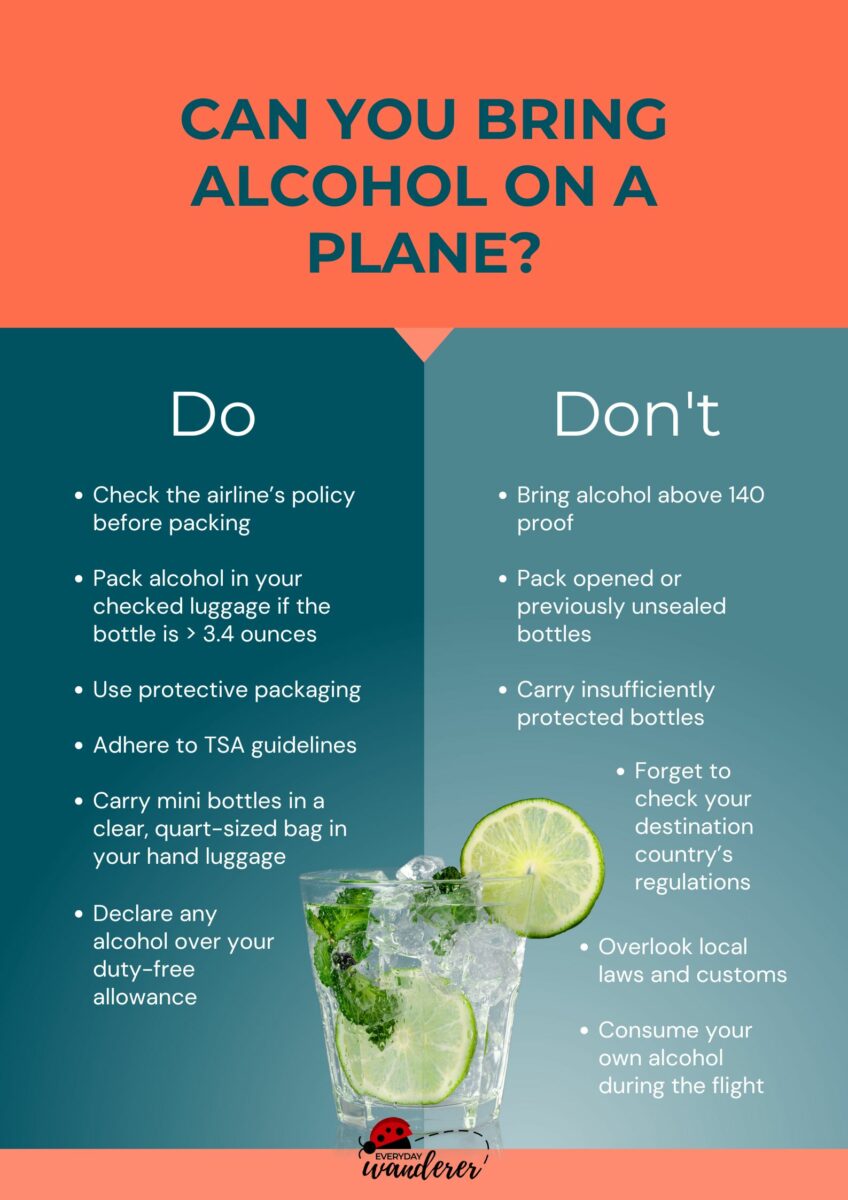



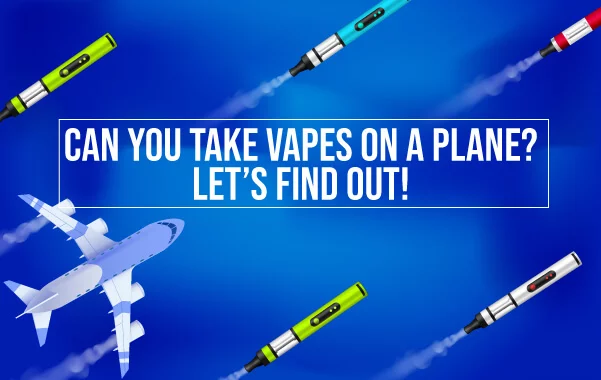

![Can You Bring Delta 8 On A Plane Can You Bring Mace On A Plane? Avoiding Issues 101 [in 2024] - Aviation](https://ef8jrvasgjc.exactdn.com/wp-content/uploads/2023/08/Can-You-Bring-Mace-On-A-Plane.jpg?strip=all&lossy=1&ssl=1)
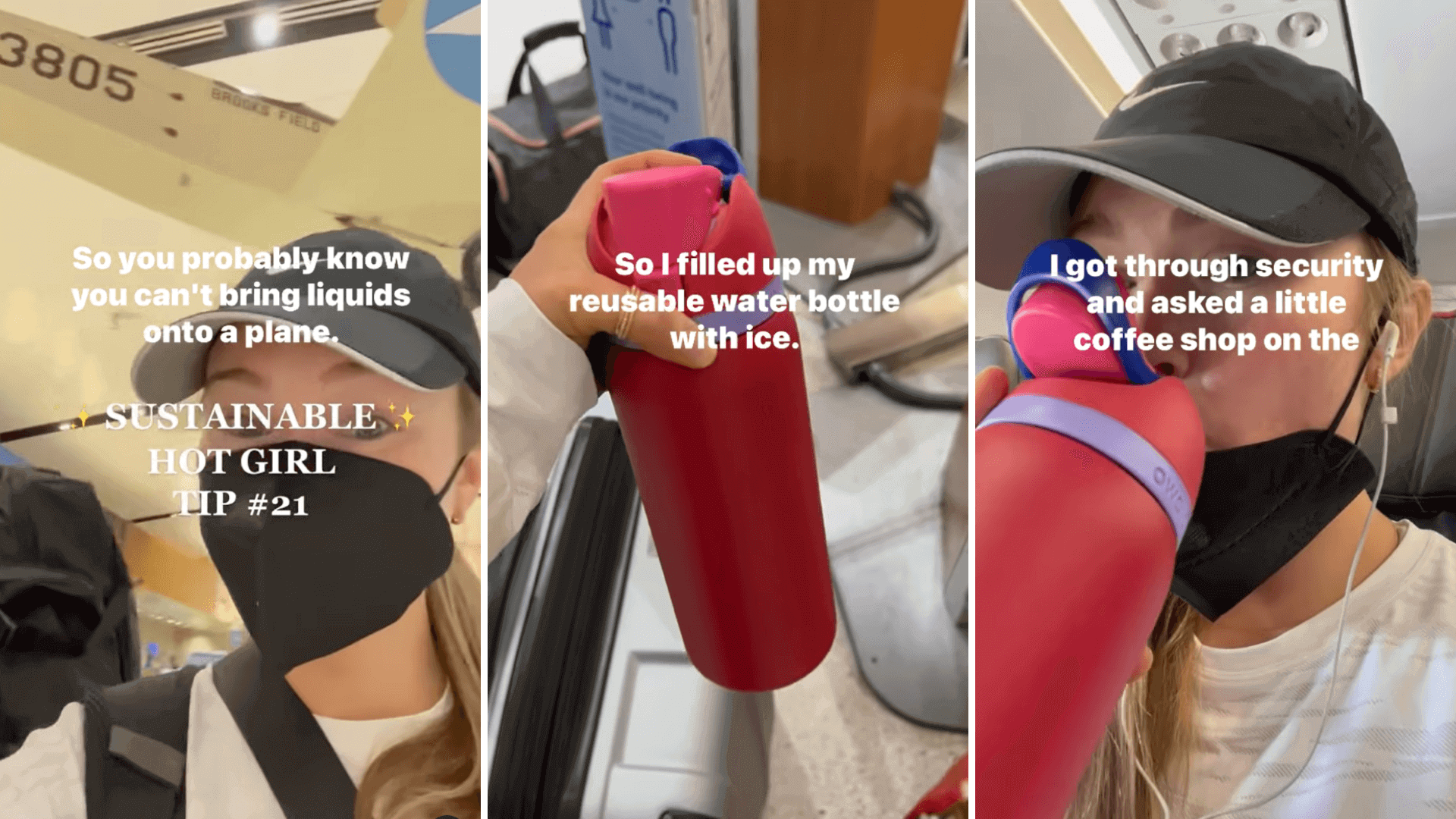
![Can You Bring Delta 8 On A Plane Can You Bring Ice Packs On A Plane? [TSA Rules]](https://justtravo.com/wp-content/uploads/2023/07/Can-You-Bring-An-Ice-Pack-On-A-Plane.jpg)

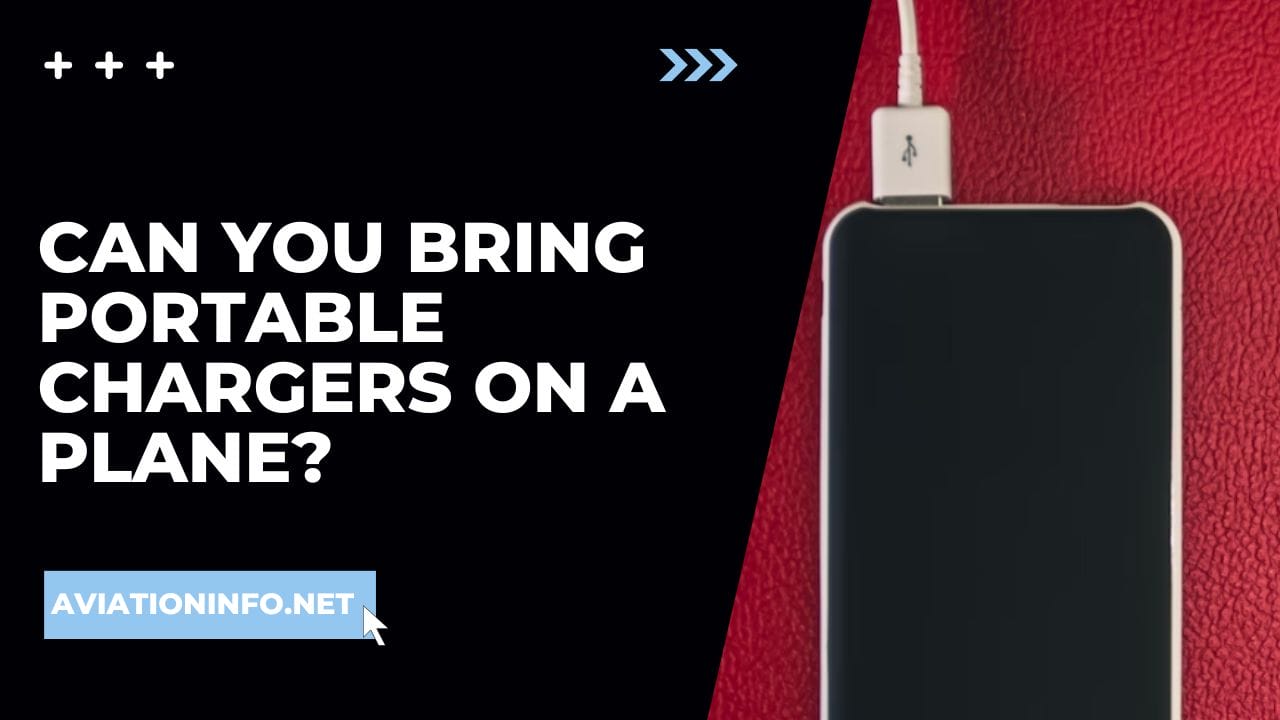


![Can You Bring Delta 8 On A Plane Can You Bring Ice Packs On A Plane? [TSA Rules]](https://justtravo.com/wp-content/uploads/2023/07/Can-You-Bring-Ice-Packs-On-A-Plane.webp)
